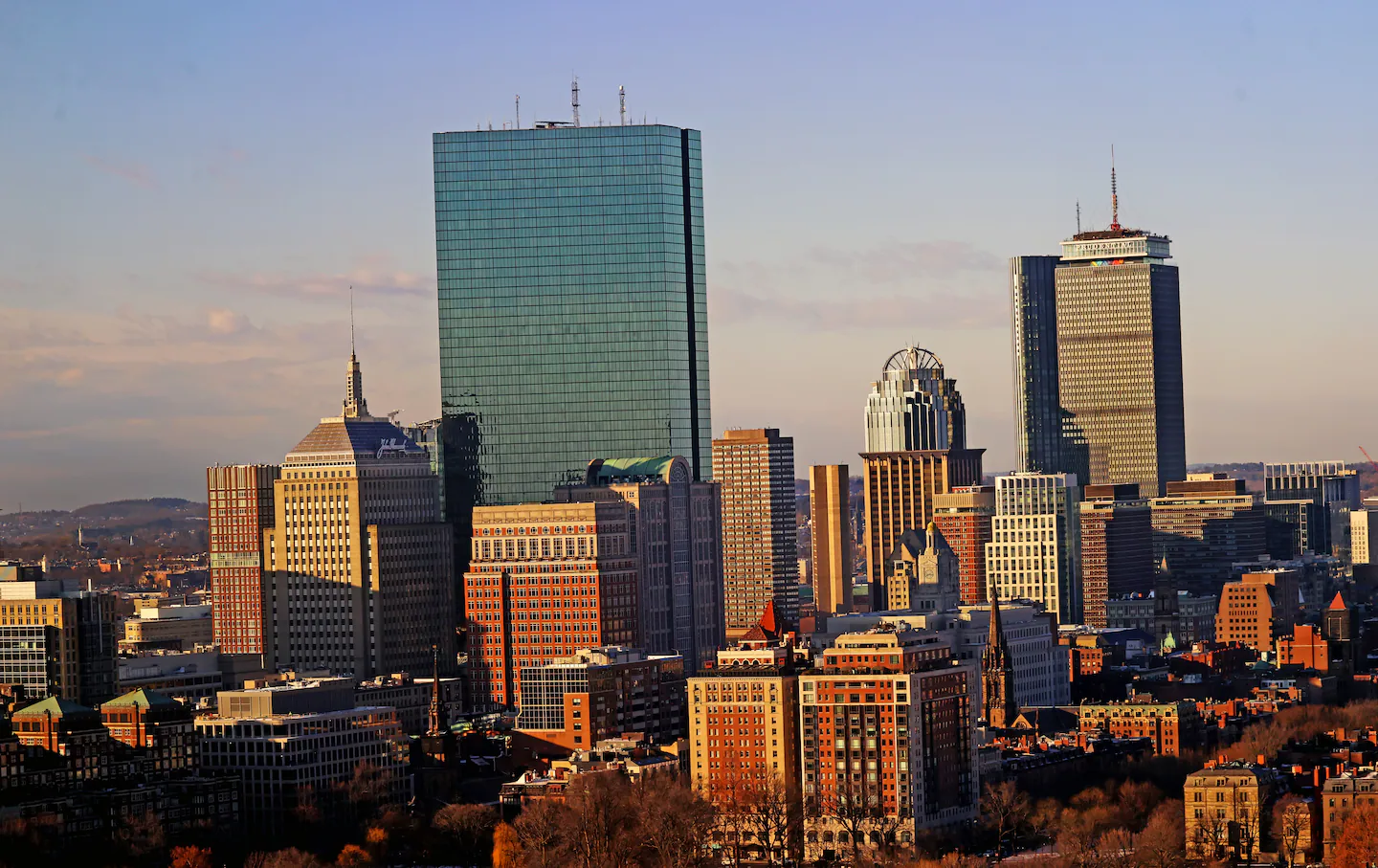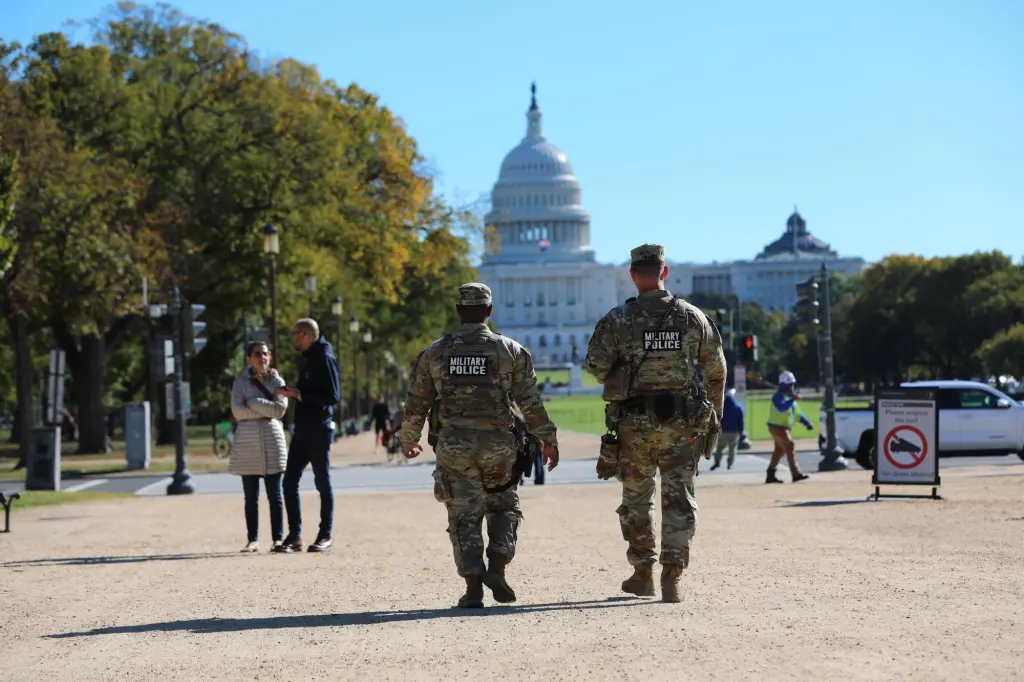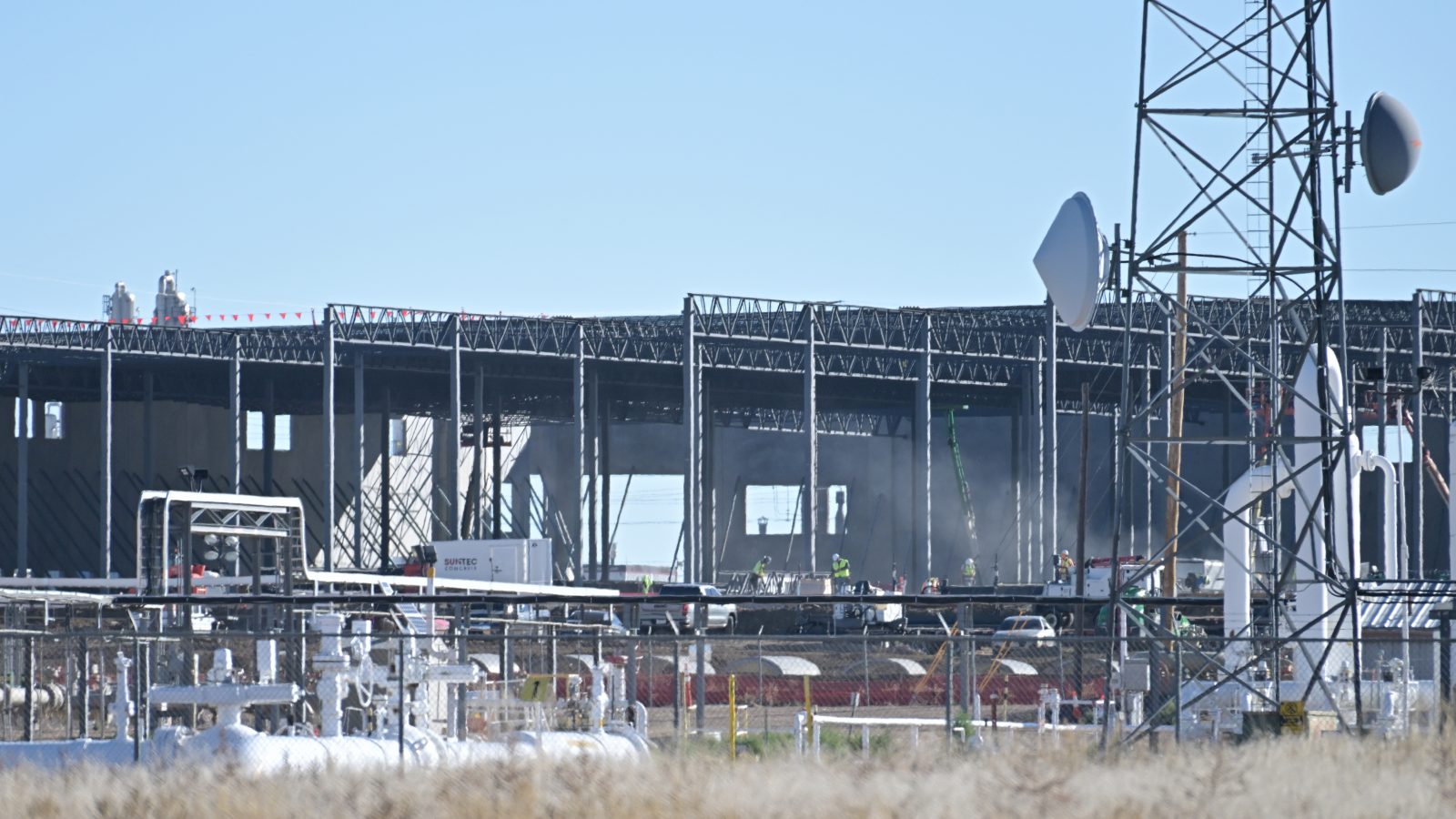Copyright The Boston Globe

Support from BXP, the Back Bay’s largest property owner, would have gone a long way toward winning this campaign. To create Boston’s fourth BID, state law requires Back Bay Association president Meg Mainzer-Cohen to get the support of owners representing 51 percent of the district’s assessed commercial value. Nearly one-quarter, or around $3 billion, is locked up in 10 BXP properties there: the Prudential Tower, the Hancock Tower, the R2-D2 Building, and the like. She also needs support from owners of 60 percent of individual commercial parcels. The Back Bay Association had hoped to have enough official signups by now. Still, the group plans to move forward with the legal steps of forming the BID, including securing city council approval. (Boston’s first such district was formed 15 years ago, in Downtown Crossing, followed by ones serving the Rose Kennedy Greenway and the Newmarket industrial area.) BXP would pay nearly $350,000 annually for all its Back Bay properties, around what it pays for its one tower, 100 Federal, in the downtown BID. But the giant, publicly traded landlord has been sending negative signals for the past two years. Not even a deal-maker extraordinaire, the late Jack Connors, could change BXP president Doug Linde’s mind last year. (Connors pitched the BID in person, weeks before he was diagnosed with pancreatic cancer.) The outreach continued into 2025, to no avail. Now, Mainzer-Cohen and her allies worry that BXP is actively campaigning against them. It’s a tough turn from a longtime supporter: BXP’s Bryan Koop and Peter See both served on the Back Bay Association’s board for years until June 2025, and the group has advocated for many Boston Properties projects in the past. In its marketing materials, the century-old business group portrays its proposed conversion to a BID as essential to its survival, by creating a more reliable source of revenue. The association currently relies on membership dues and the upcoming Best of Back Bay fundraiser to pay for its roughly half-million-dollar annual budget, including salaries for its two employees. That model is getting more challenging as properties shift to out-of-town ownership and faceless real estate investment trusts. Also getting harder, given corporate trends: raising money for holiday lights. Normally, they would be strung up around this time along Boylston and Newbury streets. Not this year. Tourism agency Meet Boston subsidized them in the past two years, at a cost of nearly $200,000 each winter. No donor has stepped forward for 2025. So the two thoroughfares will be darker than normal this season. The Back Bay Association plan calls for a new budget of $2.4 million — a scaled-back proposal aimed at winning BXP’s support. The staff would double to four people, while much of the money would go to contractors to spruce up the area. The trees would be lit up every holiday season, and flowers would bloom on Boylston Street each spring. BXP would prefer the association stay focused on business advocacy, and let property owners and government agencies take care of the other details. The tower owner, through a spokesperson, says its stance reflects its existing community benefit commitments, such as the security it provides at the Prudential Center, and the proposed BID’s scope; new assessments like this would represent an unnecessary burden on property owners at a time of declining office tower values and rising costs. When asked whether it is campaigning against the concept, the spokesperson said BXP continues to respond to inquiries about its decision, to clarify its reasoning. BXP supports other neighborhood groups, including those in Kendall Square and around the TD Garden, but says turning the Back Bay Association into a “quasi-governmental BID” supported by mandatory assessments is a quite different concept. BXP can’t opt out. The state Legislature in 2012 created the current system, which requires mandatory participation in BIDs as well as votes every five years for renewal. BXP has suggested alternatives to the Back Bay Association’s plan, such as gerrymandering the district to exclude its prominent properties, or starting a voluntary, tiered corporate donation system. Neither option is really feasible for the Back Bay Association’s leadership. Allies of the BID effort, meanwhile, include state Representative Jay Livingstone and city councilor Sharon Durkan, both of whom represent the neighborhood, as well as big landlords Oxford and Nuveen and insurers Liberty Mutual and John Hancock. (Still to be determined: Copley Place mall owner Simon Property Group.) Per her last official count, Mainzer-Cohen needs owners of 114 more parcels to sign on, to get to 274, and an additional $1.9 billion worth of properties, to clear a $6.6 billion hurdle. If BXP was in favor, Livingstone says, the BID probably would be in place by now. Without Boston Properties — Livingstone and many others in the Back Bay still use the company’s former name — he says the math is much tougher, but not impossible. Landlord Ron Druker, a key backer of the effort, says he’s getting concerned because it now seems like the tower owner is “actively working against the BID.” At Saunders Hotel Group, president Dan Donahue says the Back Bay may be the heart and soul of the city but anyone who walks through it can see that it’s in need of some TLC, including help with security and cleanliness. And he worries the Back Bay Association simply won’t survive under its current funding model. Kings Dining & Entertainment executive Leo Fonseca has been working in the Back Bay for 25 years. So much needs to happen to properly maintain the neighborhood for residents, workers, and tourists seeking postcard-perfect views. Neither City Hall, he says, nor the Back Bay Association as currently constituted can keep up. Mainzer-Cohen doesn’t really need to win over proprietors like Fonseca, or the restaurant managers along Boylston, or the salon and boutique owners on Newbury. Instead, she needs to knock on increasingly far-away doors, to woo landlords she might never meet in person. But the toughest opponent of all seems to be a company she knows very well, one that happens to be just up the street.



